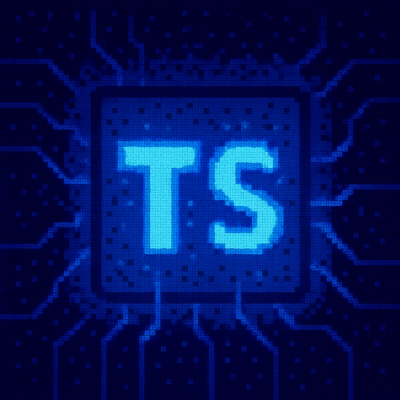
Security News
Critical Security Vulnerability in React Server Components
React disclosed a CVSS 10.0 RCE in React Server Components and is advising users to upgrade affected packages and frameworks to patched versions now.
@apideck/file-picker-js
Advanced tools
A vanilla JavaScript library to embed the [Apideck FilePicker](https://www.apideck.com/samples/file-picker) in any web application.

A vanilla JavaScript library to embed the Apideck FilePicker in any web application.
FilePicker JS | FilePicker React
npm install @apideck/file-picker-js
If you don't want to set up a build environment, you can get @apideck/file-picker-js from a CDN like unpkg.com and it will be globally available through the window.FilePicker object.
<script src="https://unpkg.com/@apideck/file-picker-js"></script>
Before opening the FilePicker modal with @apideck/file-picker-js, you need to create a Vault session from your backend using the Vault API or one of our SDKs. Find out more in the docs.
Pass the JWT you got from the Vault session to @apideck/file-picker-js and provide an onSelect function that acts upon selection of a file:
import { FilePicker } from '@apideck/file-picker-js';
FilePicker.open({
token: 'REPLACE_WITH_SESSION_TOKEN',
onSelect: file => console.log(file),
});
If you want to get notified when the modal opens and closes, you can provide the onReady and onClose options. You could also get notified when the consumer switches from integration by using the onConnectionSelect option.
import { FilePicker } from '@apideck/file-picker-js';
FilePicker.open({
token: 'REPLACE_WITH_SESSION_TOKEN',
onSelect: file => console.log(file),
onClose: () => {
console.log('closed!');
},
onReady: () => {
console.log('ready!');
},
onConnectionSelect: connection => {
console.log(connection);
},
});
You can also provide a file through the fileToSave options that will force the FilePicker to go into "Upload" mode. This will allow the user to select the connector and folder that the file needs to get saved to.
import { FilePicker } from '@apideck/file-picker-js';
FilePicker.open({
token: 'REPLACE_WITH_SESSION_TOKEN',
fileToSave: '<add-file-here>',
});
| Property | Type | Required | Default | Description |
|---|---|---|---|---|
| token | string | true | - | The JSON Web Token returned from the Create Session call |
| onSelect | event | false | - | The function that gets called when a file is selected |
| onConnectionSelect | event | false | - | The function that gets called when a connection is selected |
| title | string | false | Apideck File Picker | Title shown in the modal |
| subTitle | string | false | Select a file | Subtitle shown in the modal |
| showAttribution | boolean | false | true | Show "Powered by Apideck" in the backdrop of the modal backdrop |
| open | boolean | false | false | Opens the file picker if set to true |
| onClose | event | false | - | Function that gets called when the modal is closed |
| fileToSave | file | false | - | Forces "Upload" mode to select the folder to upload the provided file |
FAQs
A vanilla JavaScript library to embed the [Apideck FilePicker](https://www.apideck.com/samples/file-picker) in any web application.
The npm package @apideck/file-picker-js receives a total of 32 weekly downloads. As such, @apideck/file-picker-js popularity was classified as not popular.
We found that @apideck/file-picker-js demonstrated a not healthy version release cadence and project activity because the last version was released a year ago. It has 7 open source maintainers collaborating on the project.
Did you know?

Socket for GitHub automatically highlights issues in each pull request and monitors the health of all your open source dependencies. Discover the contents of your packages and block harmful activity before you install or update your dependencies.

Security News
React disclosed a CVSS 10.0 RCE in React Server Components and is advising users to upgrade affected packages and frameworks to patched versions now.

Research
/Security News
We spotted a wave of auto-generated “elf-*” npm packages published every two minutes from new accounts, with simple malware variants and early takedowns underway.

Security News
TypeScript 6.0 will be the last JavaScript-based major release, as the project shifts to the TypeScript 7 native toolchain with major build speedups.